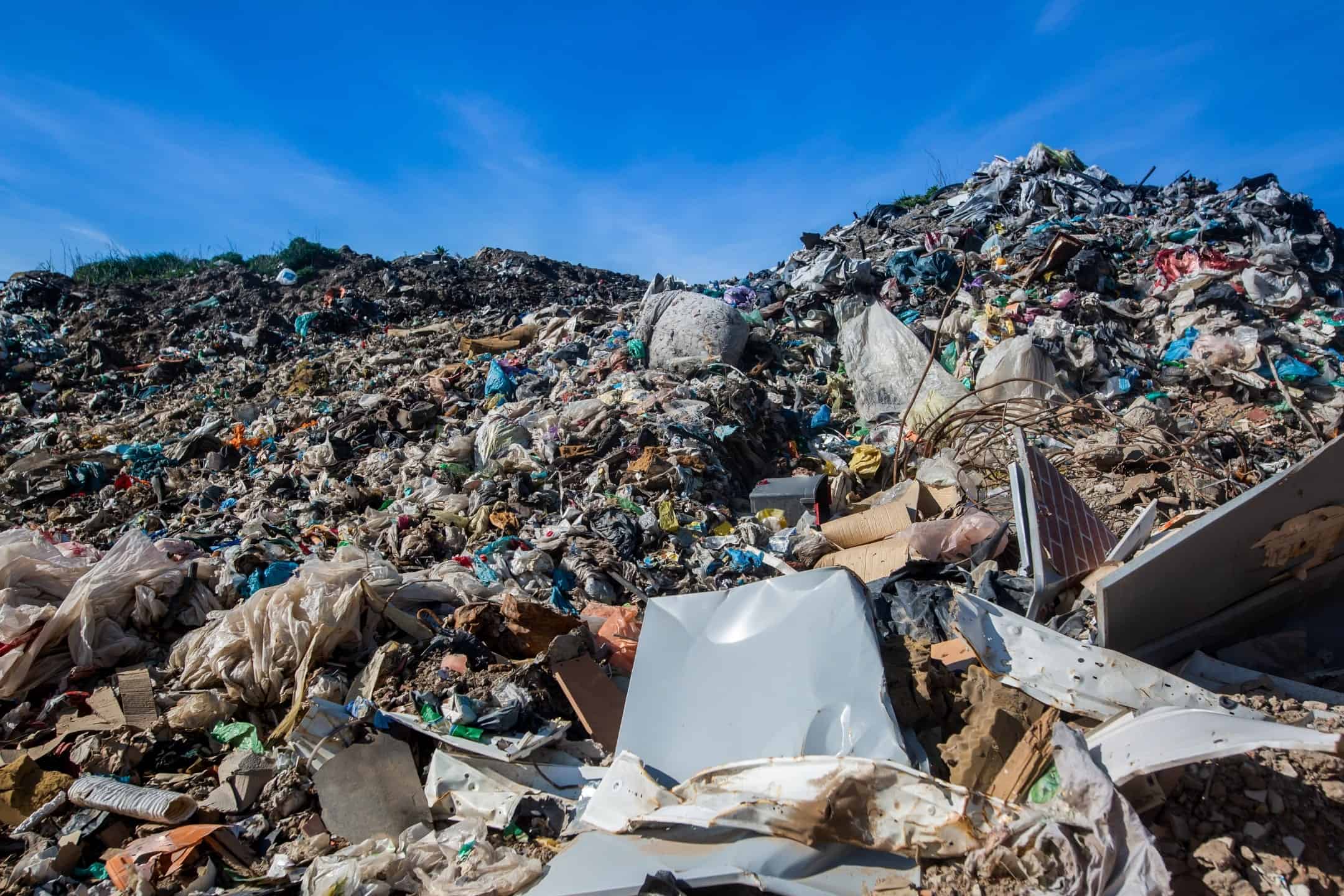Responsible waste disposal is crucial for protecting the environment and promoting sustainability. In this informative article, we’ll explore why responsible waste disposal is essential, its environmental consequences, and practical steps individuals and organisations can take to ensure they are disposing of waste responsibly.
Environmental Impact of Irresponsible Waste Disposal
Irresponsible waste disposal has significant environmental consequences, including pollution, habitat destruction, and climate change. When waste is improperly disposed of, it can contaminate soil, water, and air, harming ecosystems and human health.
Pollution: Improper/hazardous waste disposal leads to pollution of air, water, and soil. Chemicals from waste can contaminate groundwater, polluting drinking water sources and local habitats. Burning waste releases harmful pollutants into the air, contributing to poorer air quality.
Habitat Destruction: Improperly managed waste disrupts natural habitats, leading to a disruption of the local ecosystem as wildlife can become entangled resulting in injury or death. Landfills and illegal dumping sites destroy natural landscapes, affecting plants, animals, and ecosystems.
Climate Change: Waste disposal contributes to climate change through the release of greenhouse gases such as methane and carbon dioxide. Landfills emit methane gas as waste decomposes, contributing to global warming.

Comparative Analysis of Waste Disposal Methods
Comparing traditional and modern waste disposal methods highlights the advantages of responsible practices. Traditional methods, such as open dumping and unregulated landfills, pose significant environmental risks and health hazards. In contrast, modern waste management techniques, including recycling and composting, offer more sustainable alternatives.
Practical Steps for Responsible Waste Disposal
There are several practical steps individuals and organisations can take to ensure they are disposing of waste responsibly:
- Reduce, Reuse, Recycle: Minimise waste generation by reducing consumption, reusing materials, and recycling whenever possible. Sorting waste into recyclable and non-recyclable categories helps divert recyclable materials from landfills.
- Proper Disposal Methods: Dispose of waste properly by using designated bins and recycling facilities. Hazardous materials such as batteries, electronics, and chemicals should be disposed of according to local regulations.
- Composting: Composting organic waste, such as food scraps and garden waste, reduces the volume sent to landfills and produces compost for gardens and landscaping.
- Education and Awareness: Educate yourself and others about the importance of responsible waste disposal and its environmental impacts. Encourage community involvement in cleanup efforts and waste reduction initiatives.
Responsible Waste Disposal
At J&J Franks, we understand the importance of responsible waste disposal in protecting the environment and promoting sustainability. With over 80 years of experience in the industry, we offer comprehensive waste management solutions tailored to the needs of our clients.
Our services include skip hire, waste removal, recycled aggregates, quarry products, and grab/tipper hire, providing flexible options for waste disposal and recycling.
Individuals and organisations can ensure their waste is disposed of responsibly when using J&J Franks, contributing to a cleaner, healthier environment for future generations. Contact us today to learn more about how we can support your waste disposal needs.
